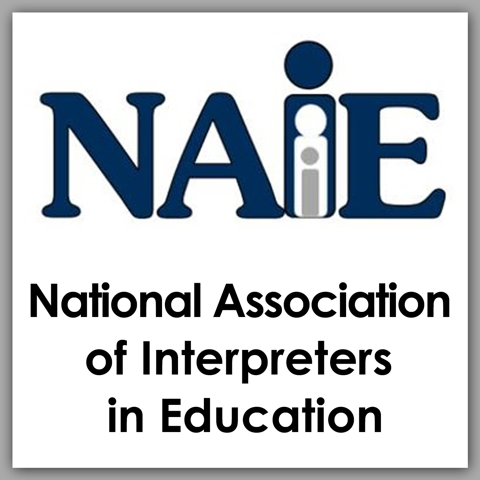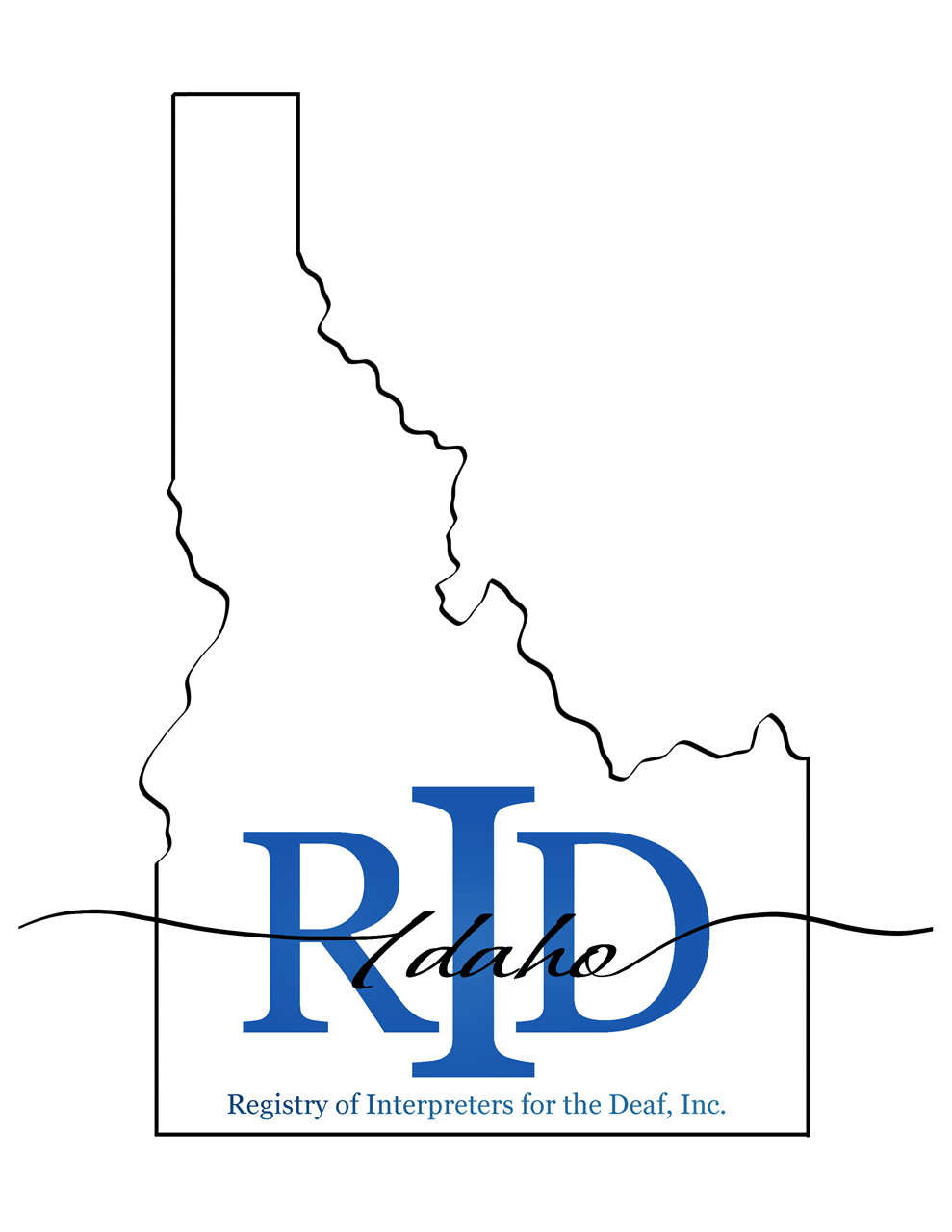- Home
- Interpreting In Idaho
- Settings & Specialties
- Educational Interpreting

Educational interpreters must meet requirements mandated by the Idaho Educational Interpreter Act (EIA). If requirements by EIA are met, working in educational setting with students is waived from Idaho's licensure requirement. If an interpreter does not meet the EIA requirements, it is unlicensed practice.
- This requirement is related to interpreting for public school students only.
- When interpreting for adults, a license is required.
- Interpreting in any other setting for school-aged clients requires a general license.
The Idaho Educational Interpreter Act (IC § 33-1301 – IC § 33-1304) does not require a written test comment. Therefore, interpreters in educational settings working with school aged students are not required to have passed a written knowledge exam. However, as stated above, if interpreting for adults or outside of a public school setting, a license is required.
No. The Idaho Educational Interpreter Act clearly defines an educational interpreter as “a person employed in the Idaho public schools, working with school aged students, to provide interpreting services to students who are deaf, hard of hearing or DeafBlind.”
No. The statute CLEARLY defines what constitutes someone who is interpreting regardless of the job title they hold. If the employee functions as an interpreter, they need to meet the requirements in the Idaho Educational Interpreter Act.
As of July 1, 2020, the Idaho Educational Interpreter Act now includes preschool aged students. Meaning all interpreters that work with students in a public school setting that is school aged now follow the Idaho Educational Interpreter Act (IC § 33-1301 – IC § 33-1304)

Find resources on this page for those interpreting in education. For information on interpreting licensure in the education setting, the Idaho Educational Interpreters Act, and FAQs visit our Interpreting Laws page.
 | Joelynne Ball Idaho State Interpreter Education Coordinator The Idaho State Interpreter Education Coordinator is Idaho's greatest resource for educational interpreters. Joelynne provides a support system for interpreters throughout the state that work in the K-12 system. Contact Joelynne for questions, EIPA testing, workshops, or to join her Educational Interpreter Email listserv. |
Documents from National Organizations
- NAD Advocacy Letter - Course and Exam Accommodations
- RID Standard Practice Paper - Overview of K-12 Educational Interpreting
- RID Standard Practice Paper - Public and Charter Schools
Find many more NAD Advocacy Letters and RID Standard Practice papers on their websites.




